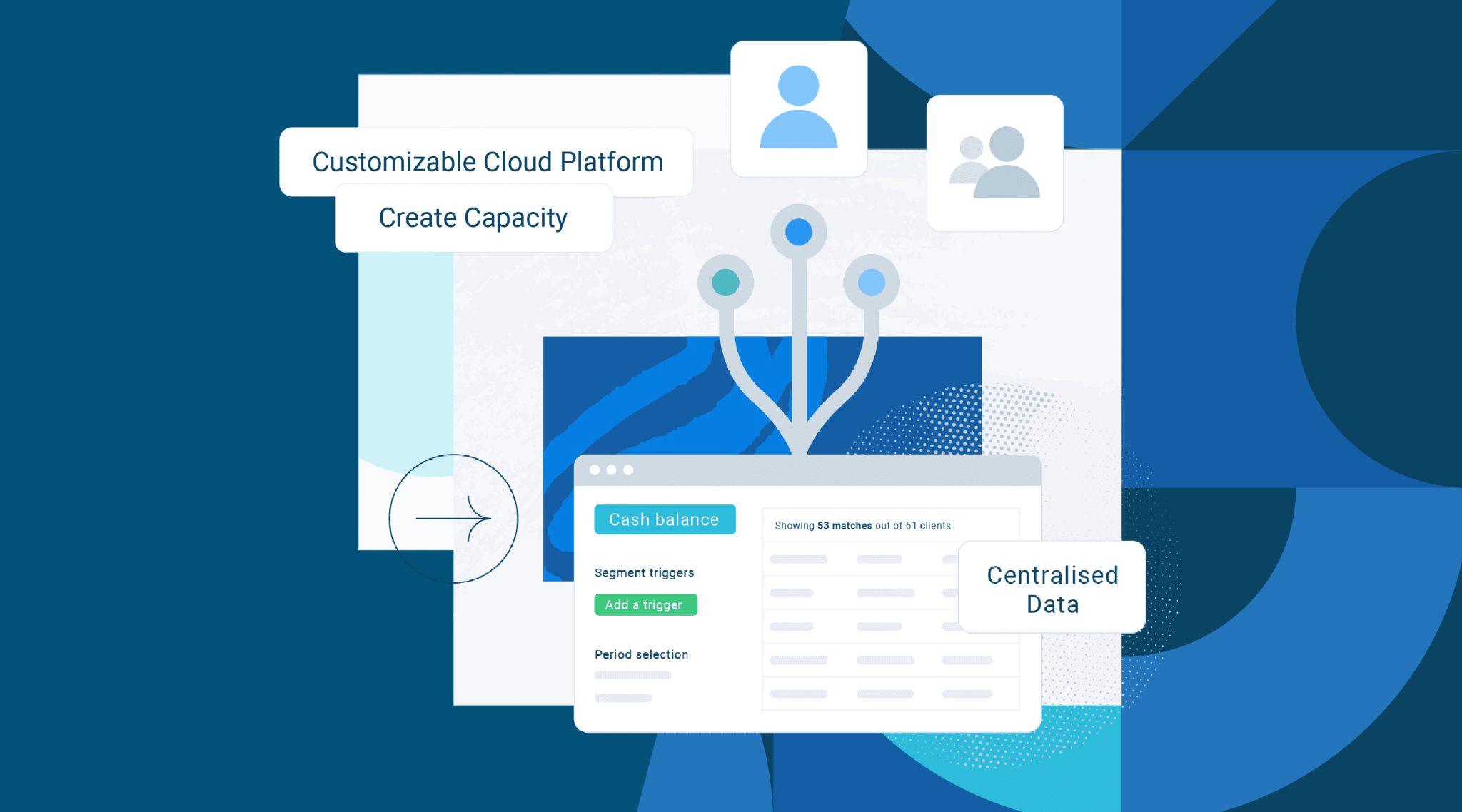During Fast Forward we spoke to leading experts within technology, financial services and accounting. In this week’s blog, we’re focusing on the fourth session of the event where we spoke to Tim Vandecasteele (co-CEO, Silverfin), Adrian Blair (CEO Receipt Bank) and Ken Bastiaensen (Managing Partner, Boltzmann) about the impact of technology on accounting.
Our three speakers gave us insight into advances in cloud computing, AI and more.
Data is the cornerstone of success in digital transformation
The first thing Adrian wanted to make clear was that today, access to comprehensive, even real-time, client data is an absolute necessity. According to him that is exactly what makes cloud computing so crucial. “There is a huge amount of data available,” he said. “Cloud makes this data more accessible. It also allows you to work in real-time which in turn makes it much more actionable.”
Like other professions, accountancy is seeing a rise in interest in machine learning and AI. Applications outside accounting are using these technologies to enable contract analysis or prediction of payment behaviour, Ken said. But looking more specifically into the accountancy industry, identifying patterns is a crucial element in success in advisory services. “Silverfin can help interpret the meaning of numbers by looking for patterns,” he explained.
Technology is making the accountant more important not less
As technology continues to advance will accountants risk becoming obsolete? In short, no. Tim explained that technology serves the needs of the accountant and will never be able to replace humans. Also that a growing demand for advisory services brought clients even closer to their accountant, “A machine can never replace the human touch or decision-making process,” he said. Adrian added that “Trust can’t be automated. At the end of the day, what truly matters is good service. And the best way to deliver that just happens to be by using technology.”
So technology will automate a great deal of an accountant’s traditional work but this should not be seen as a threat, in fact it is an opportunity to support business and client service transformation. With reporting and compliance made easier, and a wider range of data at their fingertips, technology supports accountants in their role as trusted advisor as they now have all the data to develop powerful insight and the time to share it with clients. “Automation can fully handle compliance and AI can make predictions, but it takes the critical reflexion of the user to work with all that information,” explained Ken. Technology is an enabler of advisory.
Your technology is only as strong as your action plan
So if technology is transforming accounting, what’s your best strategy to apply it effectively? Should you reinvent or integrate it into your existing workflows? “You always need a connection,” said Ken. “To put that in place you need to fully map your process and then automate your workflows.” A major pitfall here is to consider technologies like AI a plus just because it’s AI and a new thing. “You should always ask yourself how AI can serve you and what problem it can solve,” he concluded. “When working with clients of our own, we always ask ourselves: how can the process be improved?”
“Change should always be grounded in reality,” confirmed Adrian. When introducing a new system, it should give you as an accountant more credibility and on top of that, it must generate more money for the firm. Taking these ideas into account, it’s always good to look at your options with a healthy amount of scepticism.
Tim also pointed out another important consideration “Cloud can help you enhance collaboration, accessibility and connection, but you should always make sure to work with correct data. Dirty data is no good,” he added.
We were interested to temperature check the digital transformations of our audience at Fast Forward so our live poll question revealed that many were already well underway. In fact 42% said they already apply AI. This was a welcome surprise for Tim. But despite this, 31% of the group also indicated that they didn’t use AI yet and – more importantly – that they don’t have plans to get started either. To these people, Tim had a very clear message. “Everyone should have plans. It’s not an easy step but it’s absolutely necessary.”
A glimpse of the future
To round off the session, our three experts looked to the future. In the short term, everyone should take a look at how they will use the cloud in their daily workflows. “Re-evaluate yourself and adapt to the cloud,” Tim recommended. “We help clients to achieve this by looking at what they do and what they need and then trying to bridge the gap between their current situation and their goal,” Ken confirmed.
But if one thing was certain, it was that machine learning – with technology like virtual assistants – is the future. So make sure you are ready for what lies ahead.
Want to find out more of the conversation with our technologists at Fast Forward 2020? Watch the full recording of our live show with Adrian, Tim and Ken on the Fast Forward Studio website.
Do you want to make sure that you’re prepared for the future and get started with or accelerate your firm’s digital transformation? Contact us today and we’ll work on it together.




